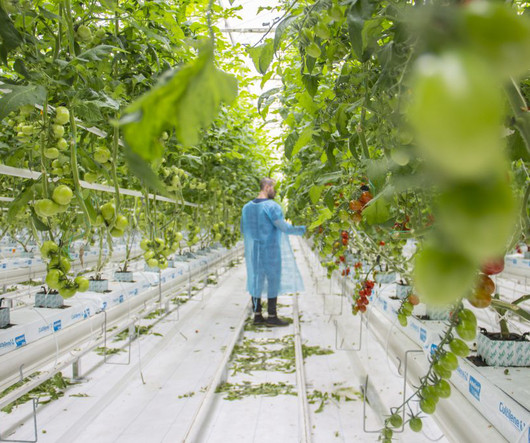Are Our Agri-Food Supply Chains In Crisis?
The Logistics & Supply Chain Management Society
APRIL 19, 2023
Are Our Agri-Food Supply Chains In Crisis? The result of this cocktail is an unfortunate reduction in global agri-food production, export, and rapidly increasing agri-food commodity prices. Are our agri-food supply chains in crisis? Do we need to relook at how we organise our agri-food supply chains?
























Let's personalize your content